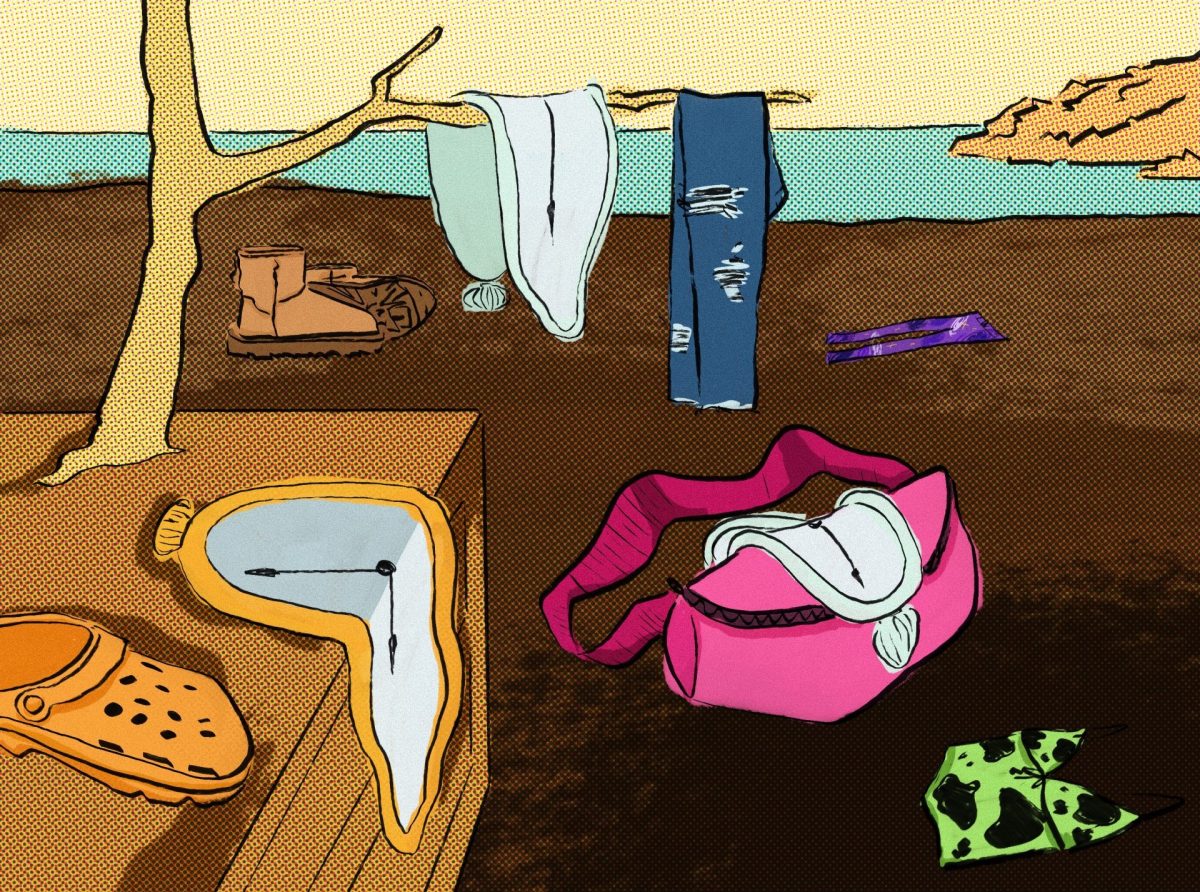In the name of honest and objective journalism, the Bureau of Investigative Journalism has launched “Naming the Dead,” a project that seeks to create a more transparent view of the drone strikes in the Middle East. The drone program began while George W. Bush was in office, but it has increased drastically under President Obama. Drones are essentially a way for the U.S. to conduct its “war on terror” without deploying U.S. military forces. But at what cost?
“When the drone war began under the Bush administration, the innocent people killed through drones were called ‘collateral damage,'” Bruce Evensen said, a journalism professor and expert on journalism and media bias. “Killing civilians is not collateral damage. It may be a war crime.”
Drone strikes in Yemen, Pakistan and Somalia claim the purpose of attempting to take out high-value targets that act in the name of terrorism. However, manyciviliansandcommunities have fallen victim to these drone strikes. With this project, the Bureau of Investigative Journalism hopes to fill the gaps of lost information about drone victims and describe how drones affect the lives of people living in the targeted regions.
It has been reported that almost 2,500 people have died from drone attacks and one-fourth of the victims are civilians. The CIA has stated time and time again that there are very few civilian casualties and have failed to give the full story about the effects of drones.
However, some view the situationinamorepositivelight. Professor Patrick Callahan, an expert on war ethics and American foreign policy, said the numbers “are not alarming to (him).”
“They are surprisingly low, considering the large number of drone attacks,” he said. “I view the number as confirmation that the U.S. is taking effective efforts to minimize civilian casualties.”
However, when viewed as simply numbers, civilians of drone-targeted areas are dehumanized, and the attempt at honest and analytical journalism is hindered.
“In journalism, we have the obligation to serve citizens with news worth showing,” Evensen said. “For foreign correspondents, this sometimes means ‘bearing witness.’ It makes the lived experience of others real to people reading these stories, and only as journalism lives up to its responsibility can citizens hope to keep their government responsible of the indiscriminate use of military power.”
“Naming the Dead” is an effort to reveal that the innocent men and women killed in the drone strikes are much more than just collateral damage. It is an attempt to create transparency on the drone debate by revealing their power to destroy the lives of hundreds of people.







